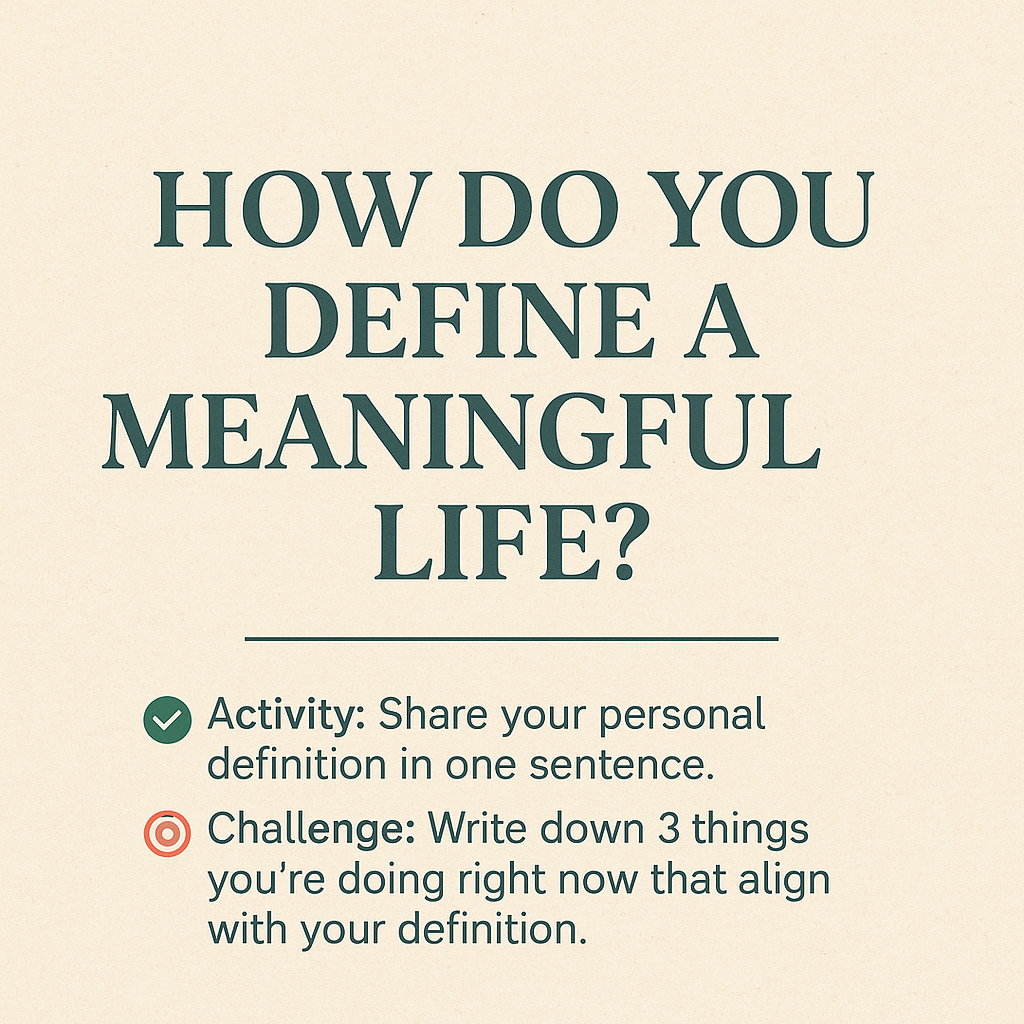
"THE ART OF CONSIDERATION:A PATHWAY TO CONSTRUCTIVE CRITICISM"
In a world where opinions are easily shared and criticism often flows freely, the virtue of consideration before criticism stands out as a beacon of empathy and understanding. While criticism itself is not inherently negative, the manner in which it is delivered can greatly influence its impact. Being considerate before offering criticism is not just a nicety; it is a fundamental aspect of effective communication and fostering positive relationships.
UNDERSTANDING CONSIDERATION: Consideration in the context of criticism involves taking into account the feelings, perspectives, and circumstances of the individual receiving the critique. It entails pausing to reflect on how our words may be perceived and considering whether they will be constructive or detrimental to the recipient. Being considerate does not mean withholding criticism altogether but rather approaching it with tact, empathy, and respect
. EMPATHY IN CRITIQUE: Empathy plays a crucial role in offering considerate criticism. By putting ourselves in the shoes of the other person, we gain insight into their experiences, challenges, and emotions. This understanding allows us to tailor our feedback in a way that is sensitive to their feelings and conducive to growth. Empathetic criticism acknowledges the individual's efforts and strengths while gently addressing areas for improvement.
THE POWER OF LANGUAGE: Language is a powerful tool that can either uplift or wound. When offering criticism, the choice of words can significantly impact its reception. Considerate criticism involves using language that is constructive, specific, and non-judgmental. Instead of making blanket statements or focusing on shortcomings, it is more effective to provide actionable feedback and offer suggestions for improvement.
TIMING AND CONTEXT: Consideration also extends to the timing and context in which criticism is delivered. Choosing an appropriate moment and setting can enhance receptiveness and minimize defensiveness. It is essential to ensure that the individual is receptive to feedback and emotionally prepared to receive it.
ADDITIONALLY, providing criticism in private rather than in front of others preserves dignity and fosters open dialogue.
Building Trust and Rapport: Considerate criticism is not just about the critique itself but also about building trust and rapport with the individual. When people feel valued and respected, they are more likely to be receptive to feedback and open to growth. By demonstrating empathy and consideration in our interactions, we strengthen relationships and create a supportive environment conducive to personal and professional development.
THE RIPPLE EFFECT: The impact of considerate criticism extends beyond the immediate interaction. When we approach criticism with empathy and respect, we set a positive example for others to follow. This fosters a culture of constructive feedback and mutual support, where individuals feel empowered to voice their opinions and contribute to collective growth. The ripple effect of considerate criticism can lead to enhanced collaboration, innovation, and overall well-being.
In Conclusion, in a world where criticism can often be harsh and unyielding, the concept of being considerate before criticism emerges as a guiding principle for effective communication and relationship building. By embracing empathy, choosing our words thoughtfully, and being mindful of timing and context, we can offer criticism that is not only constructive but also compassionate. Through considerate criticism, we have the power to inspire growth, foster understanding, and create a more harmonious and supportive world.



0 COMMENTS